Bill mandating P200 wage hike passed in the Philippines
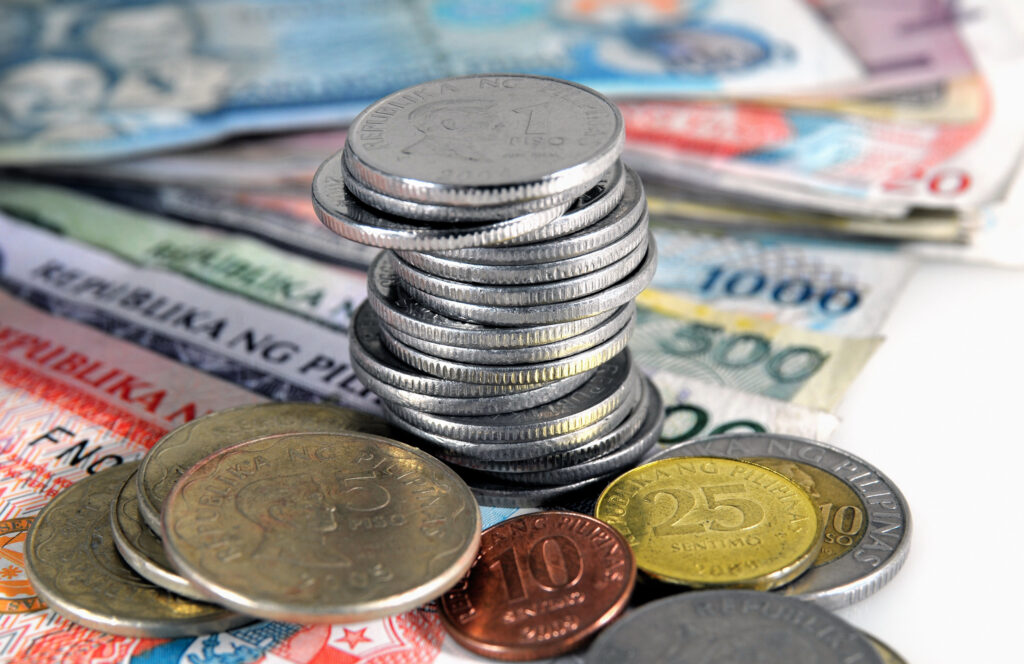
The House of Representatives has approved a landmark P200 daily wage hike bill.
DOLE begins review of Metro Manila minimum wage

The Philippines government is set to review minimum wages, potentially boosting incomes for millions of employees across the country.
HR’s transformation takes centre stage at CHRO Philippines 2025
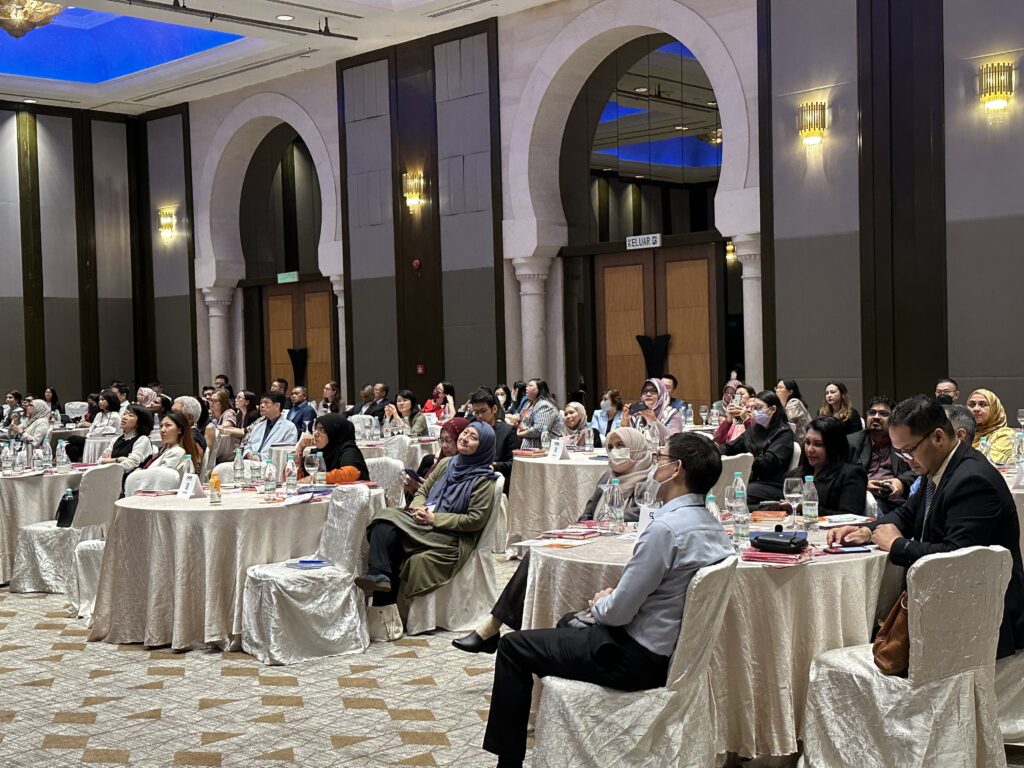
Gain cutting-edge HR insights and strategies at CHRO Philippines, empowering leaders to drive innovation and growth.
Navigating the rising tide: Managing employee health benefits in the Philippines

Amid surging medical inflation in the Philippines, organisations are rethinking employee health benefits to tackle rising costs effectively.
CHRO Philippines: Transforming HR strategies for growth and innovation
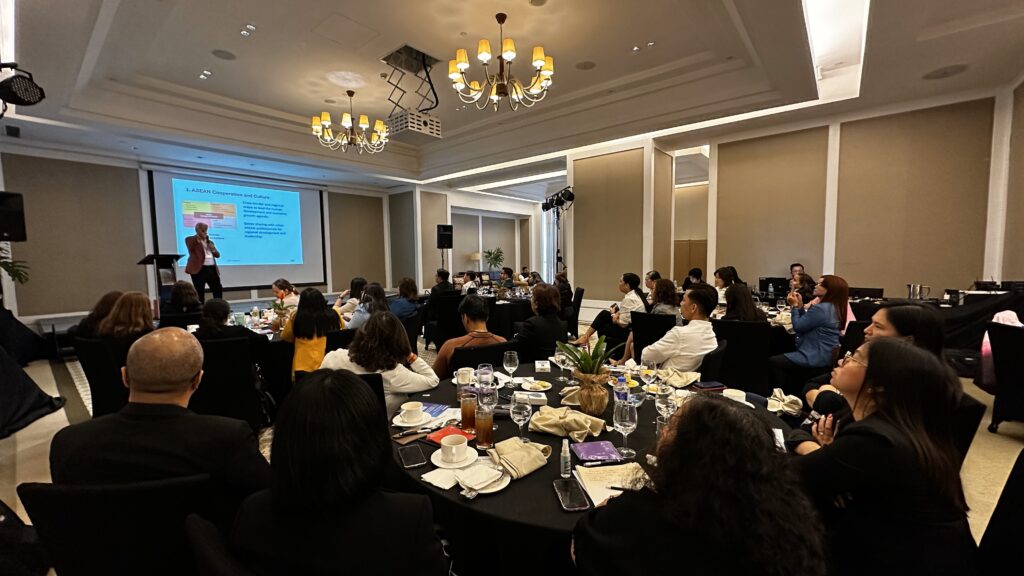
Join top HR leaders at CHRO Philippines this February to explore innovative strategies shaping the future of work.
Talent development trends in the Philippines

Talent development in the Philippines is evolving rapidly, driven by digital transformation, continuous learning, and the demand for soft skills, says Dr Virgel C. Binghay.
Gen Z employees in the Philippines seek purpose and prosperity

Filipino Gen Z employees prioritise financial security, family support, and societal impact, reflecting a blend of pragmatism and purpose-driven goals.
Why organisations need to think beyond money to retain talent

With stagnant budgets, more organisations in the Philippines are now looking beyond financial remuneration to attract and retain talent.
Protecting disabled people and their rights to work in the Philippines

The Department of Social Welfare and Development emphasises their goal of reducing barriers to work for disabled people.
Wage hike in the Philippines will displace up to 140,000 employees
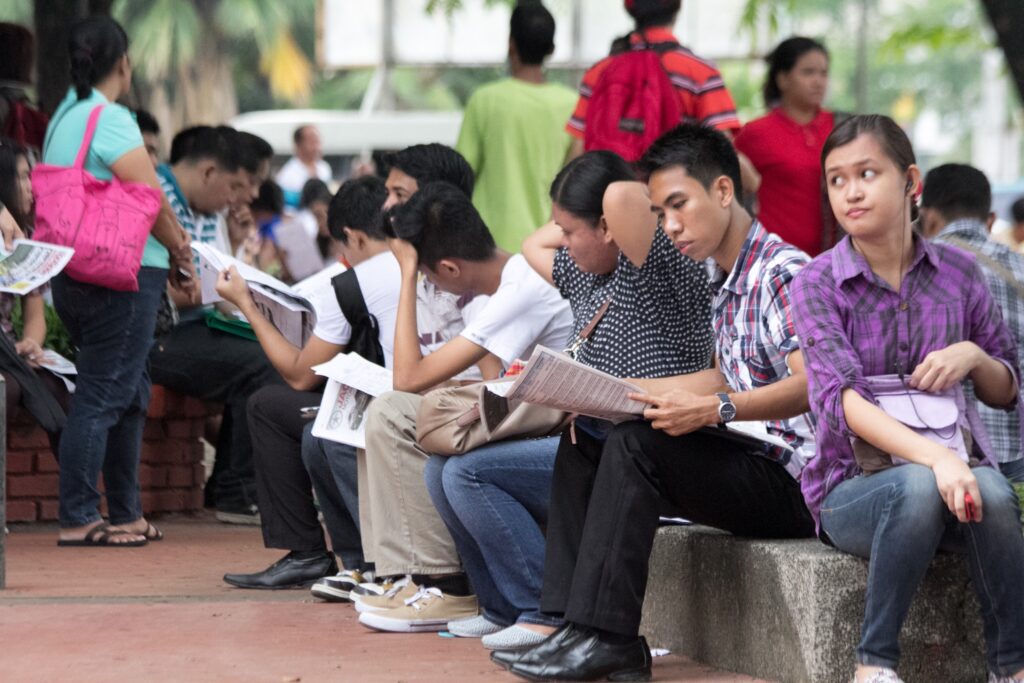
Despite this, they will still be able to find new jobs due to a robust job economy, according to the Socioeconomic Planning Secretary.
What organisations can do to help employees beat the heat

Employees in Asia are facing unbearable temperatures, and organisations can do more to ensure safe working conditions for their workforce.
The Philippines’ DOLE cautions against nationwide wage increase

Labour Secretary Bienvenido Laguesma stresses the need for balance in wage increases and urges for Congress action amid rising commodity prices.
Labour groups urge immediate wage hike in the Philippines

The coalition has advocated for a P150 (US$3.00) wage increase to counter inflation and bridge the gap between minimum and living wages.
Private sector in the Philippines urged to adopt earned wage access

Expanding earned wage access can alleviate financial burdens for employees in the Philippines, combatting widespread financial challenges.
The Philippines clarifies employee rights during heatwaves

Employees are entitled to prioritise personal safety in extreme heat, justifying abstention from work, but without regular pay entitlement.
FWAs can help reduce traffic congestion issues in the Philippines
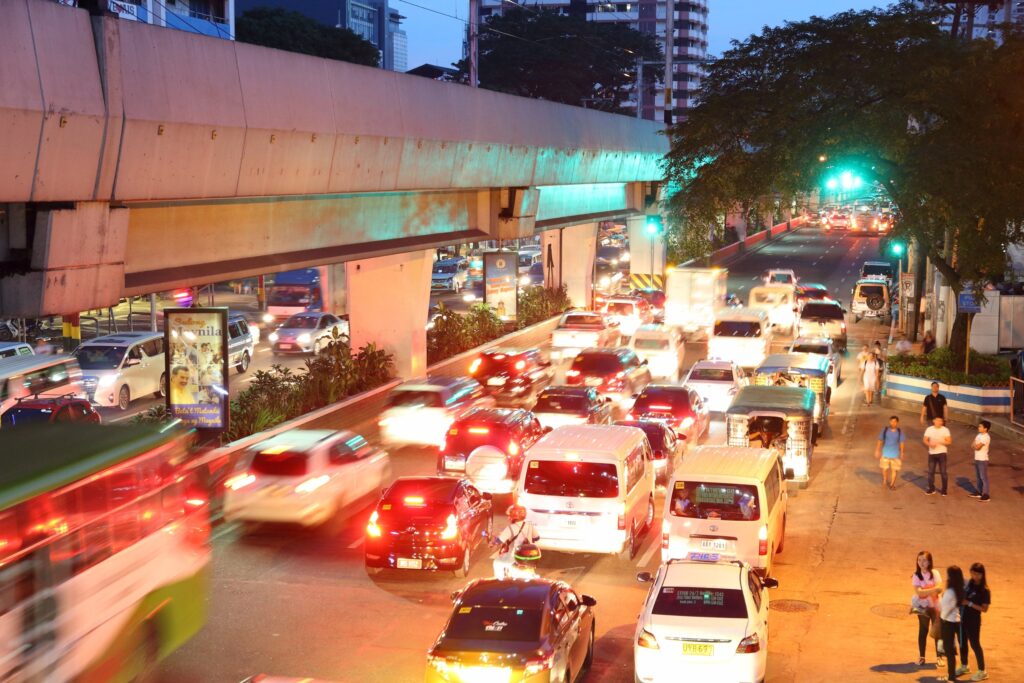
The adoption of hybrid work arrangements in the country can help reduce economic losses that can amount to PHP6 billion by 2030.
The Philippines advances bill for senior employment
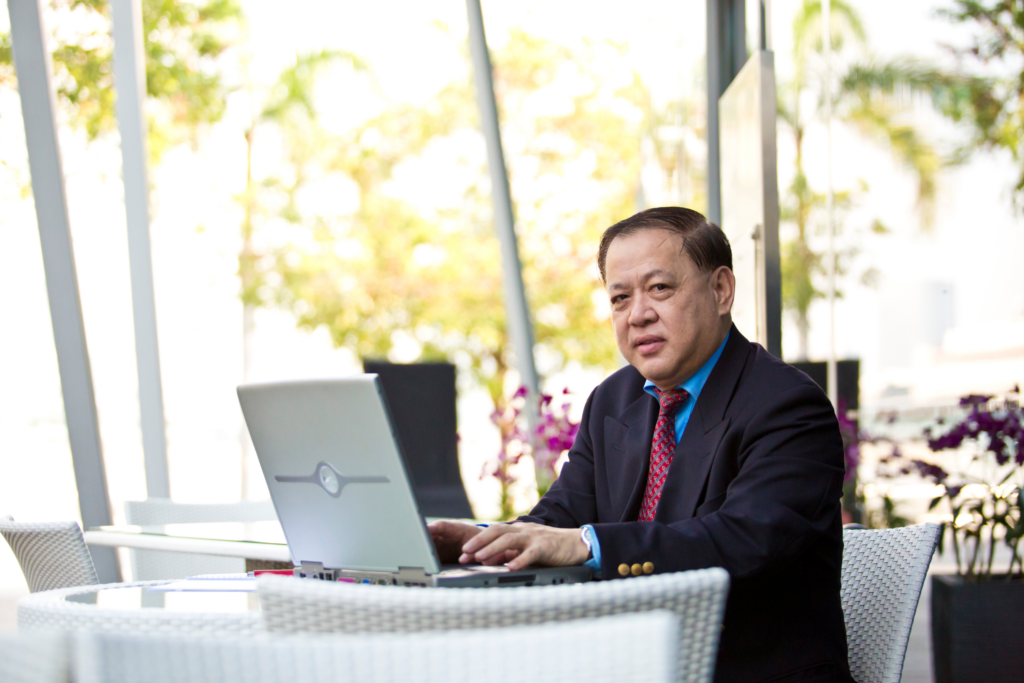
A legislation has been proposed to facilitate employment for seniors, with DOLE tasked to match them with suitable jobs.
Wage hikes in the Philippines: Leave it to the wage boards
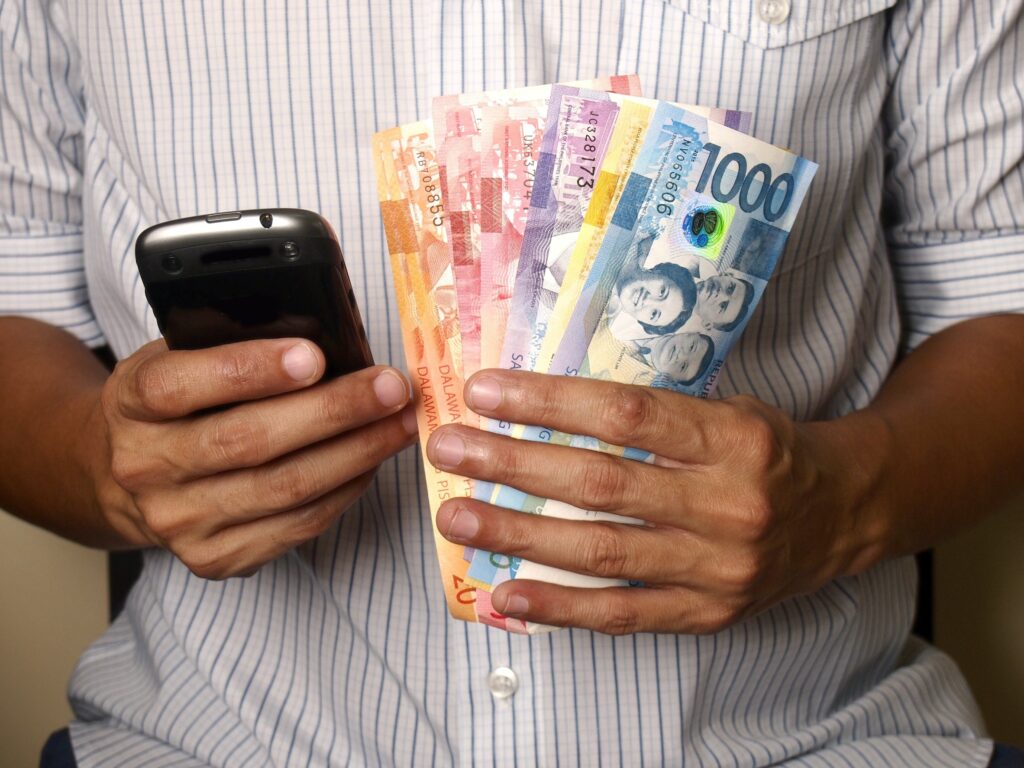
When it comes to wage hikes in the Philippines, only tripartite regional wage boards should be the ones to make decisions on when to implement, say critics.
Gradual wage hike and workforce upskilling debated in the Philippines
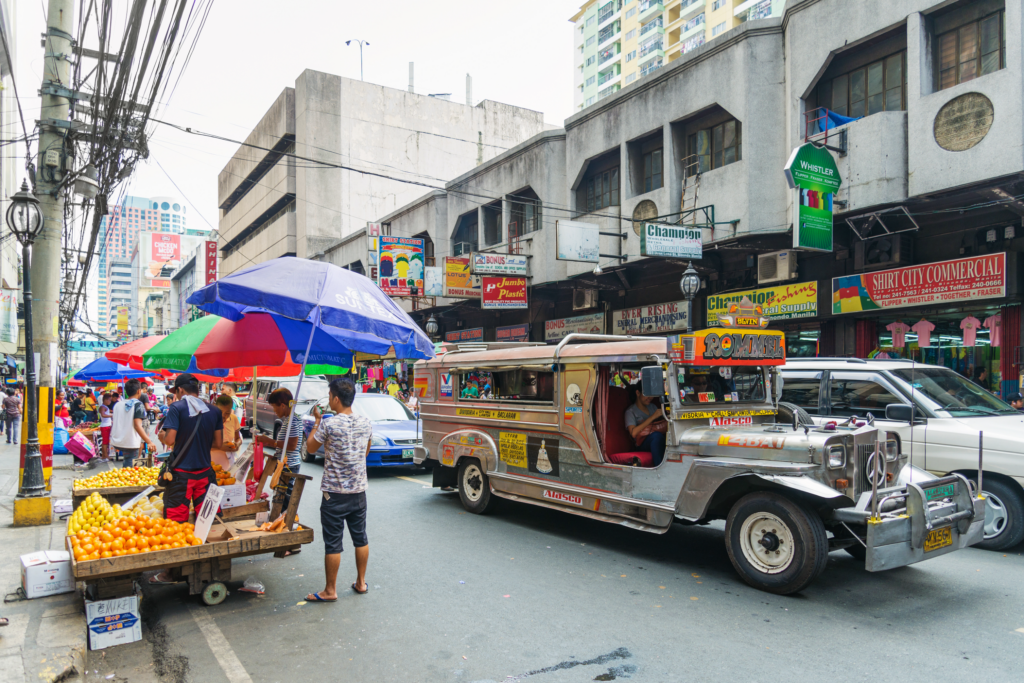
The proposed P100 wage increase in the Philippines has prompted calls for staged implementation and workforce development to fuel economic growth.
Wage hike in the Philippines stalled as businesses seek alternatives
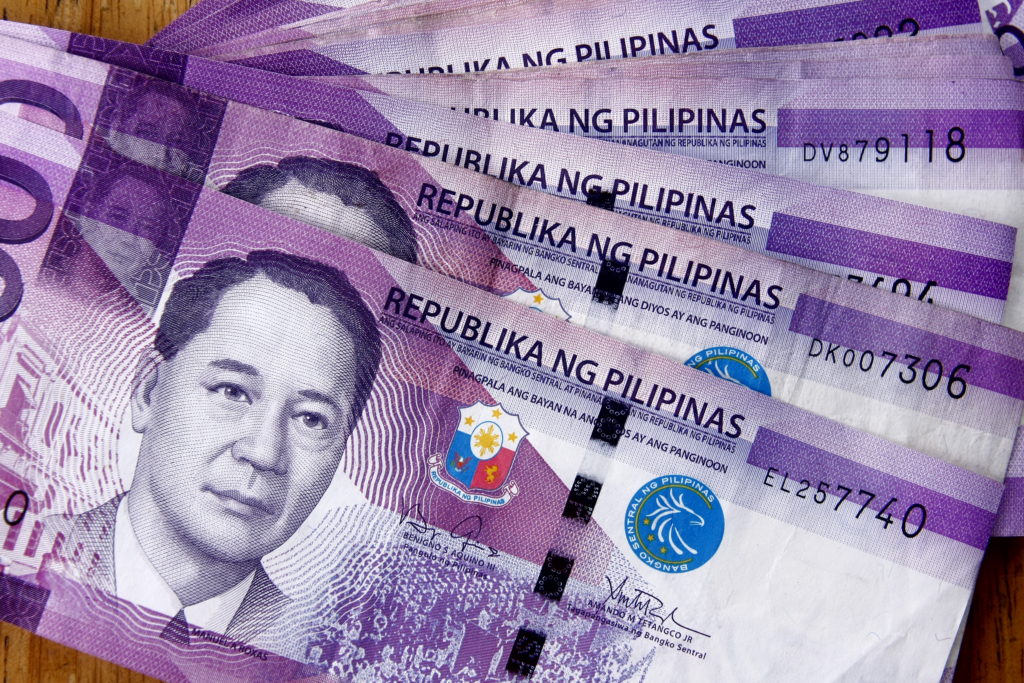
Ensuring sustainable wage increases for organisations, particularly MSMEs, is crucial amid concerns of potential business closures.
Bill to raise the daily minimum wage meets backlash in the Philippines

The president of the Employers Confederation of the Philippines warns that a proposed wage hike may deter investors and impact small businesses.
CHRO Philippines: Transforming employees, shaping organisations

Embark on HRM Asia’s first CHRO event of the year in the Philippines to compare notes, realign strategies and elevate the workforce for the future.
CHRO Philippines: Transcending workforce strategies
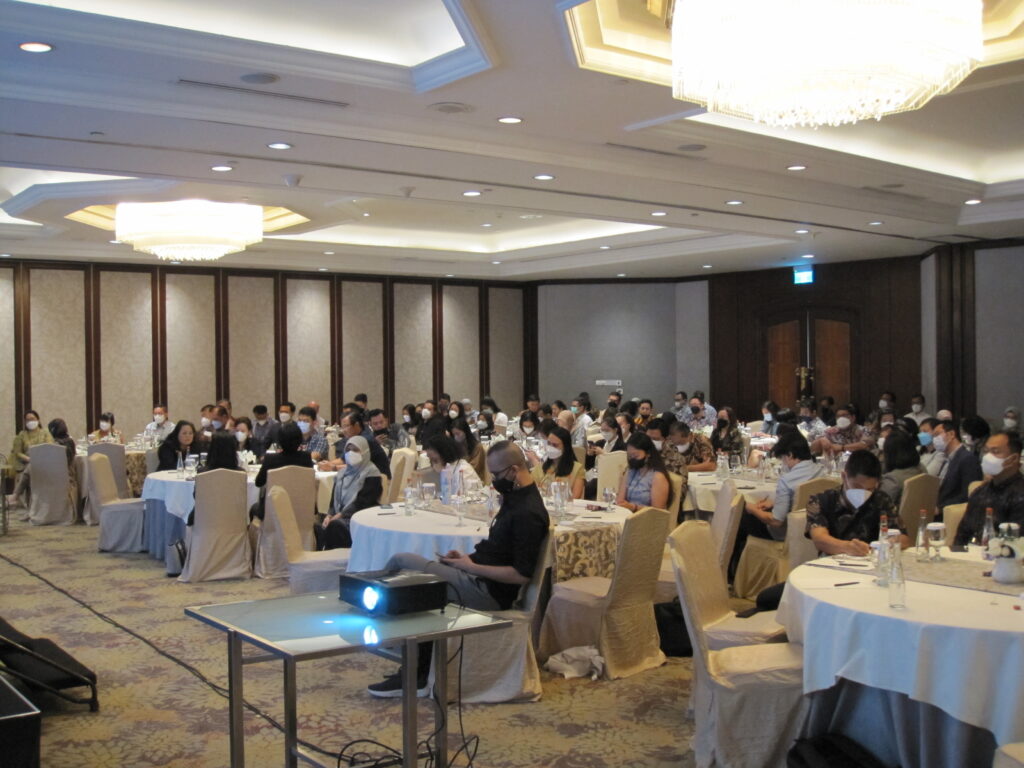
CHRO Philippines 2024 will let HR leaders gather in Metro Manila to compare notes, realign strategies and elevate the workforce for the year ahead.
CHRO Philippines 2024: Innovation for the workforce

At CHRO Philippines 2024, HR leaders will be able to learn strategies and share ideas to develop a better and stronger workforce for 2024.
Minimum wage in the Philippines not sufficient for employees

Despite a rise in the minimum wage rate for employees in the Philippines, a study has shown that this increase has failed to keep up with food prices.
Human Development: The focal point of building a talent pipeline

Organisations can tap into the varied aspects of human development to develop a consistent and robust talent pipeline.
Shaping organisations, transforming employees

CHRO Philippines 2024 will look into innovative strategies that CHROs can use to formulate great people-first strategies in changing organisations.
Large number of employees in the Philippines get wage hike
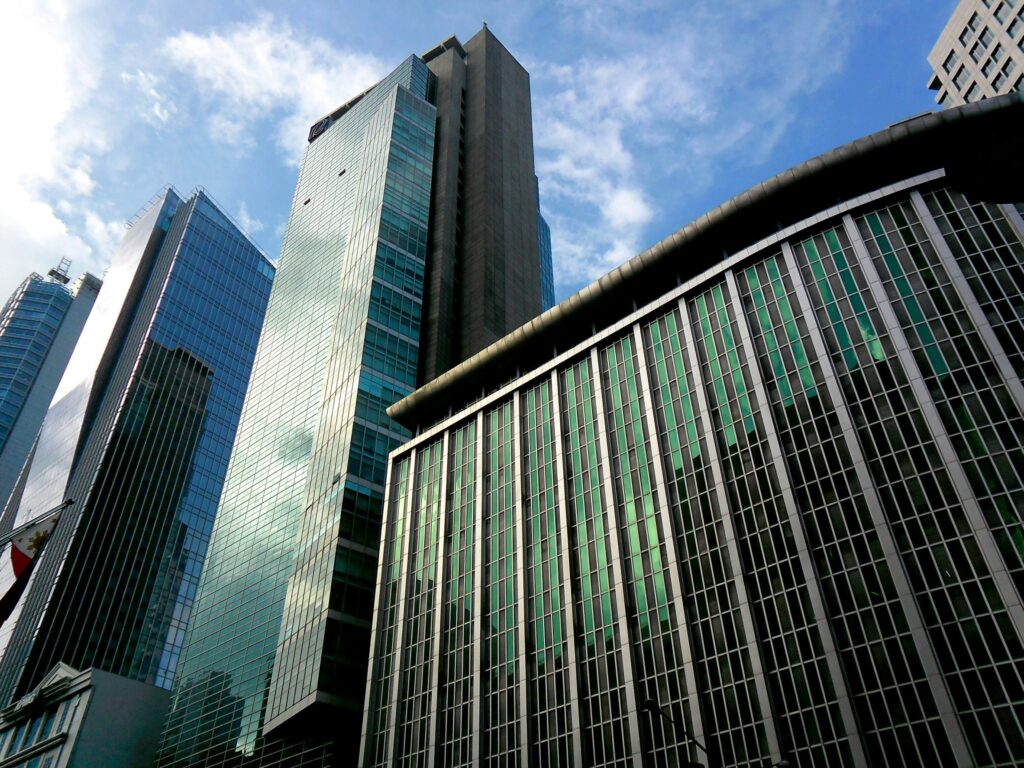
With wage hike orders implemented across 15 sectors across the Philippines, the governmental boards are hoping that this would correct wage distortions.
Right to Disconnect bill in the Philippines faces employer pushback

The proposed legislation seeks to amend the Labour Code, allowing employees the right to disconnect after work hours.
Employees to work from home as Covid-19 cases rise in the Philippines
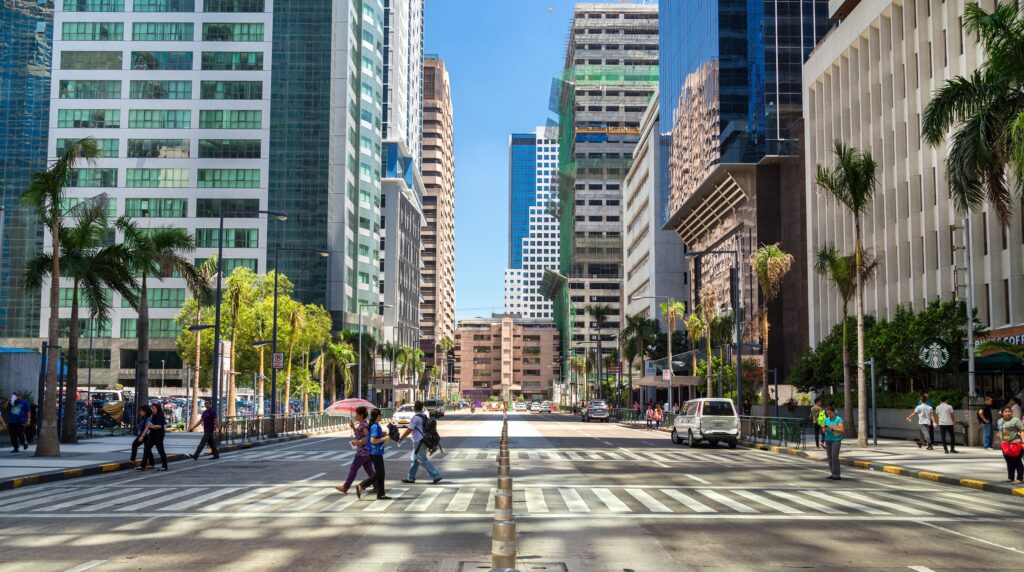
The Department of Labour and Employment is encouraging employees to work from home to curb the spread of the virus.
